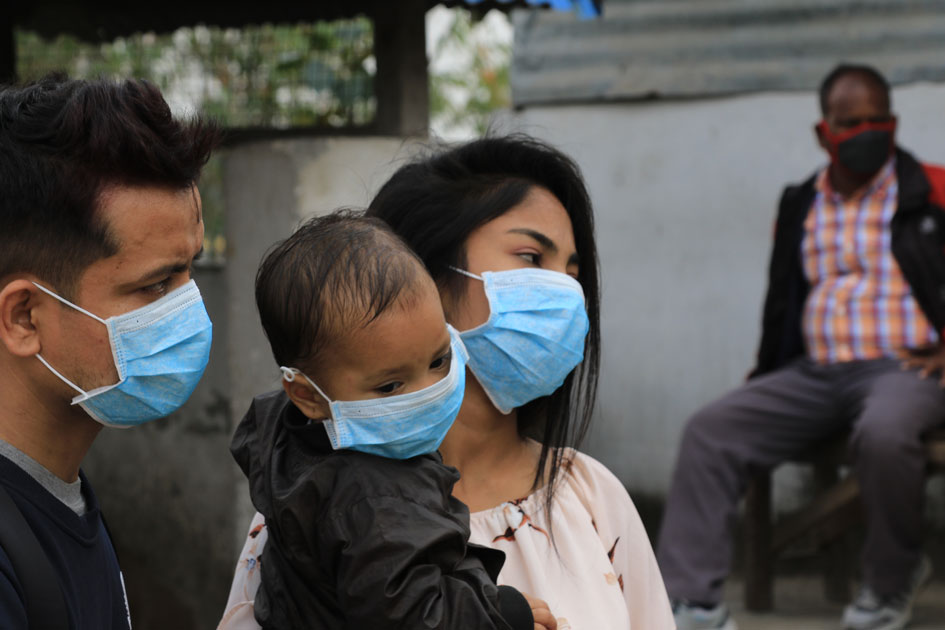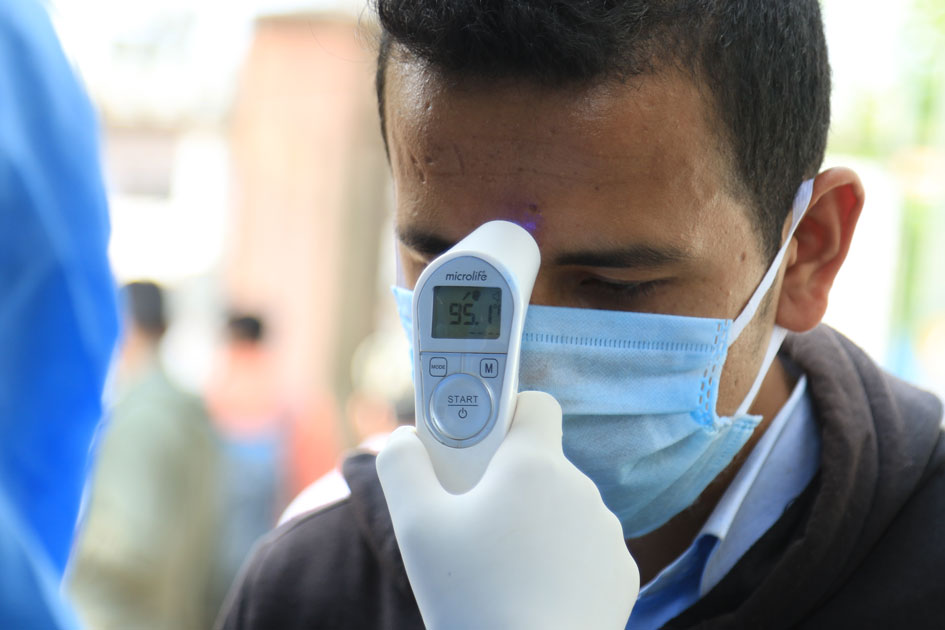

World Health Organization Ends Covid-19 Global Health Emergency After Three Years

After three years of battling the Covid-19 pandemic, the World Health Organization (WHO) has announced the lifting of its high-level alert, signaling that the global health emergency has officially come to an end. As a result of this announcement, the WHO has removed the infection prevention precautions that were previously in place.
Originating in Wuhan, China, the coronavirus outbreak rapidly escalated into a worldwide crisis, prompting the WHO to implement stringent measures to curb the virus’s spread. The organization has confirmed a staggering death toll of 7 million people globally due to the Covid-19 pandemic, but it is believed that the actual number of fatalities maybe three times higher than reported.

Encouragingly, recent data from the BBC indicates a significant decline in the weekly death rate. While it has dropped from over one lakh in January 2021 to 3,500 in the past month, it is essential to acknowledge that the pandemic is not yet over, and the risk remains.
The Covid-19 pandemic has left an indelible mark on people’s lives, reshaping their perspectives in numerous ways. It has underscored the importance of maintaining good health and prioritizing personal well-being. Furthermore, the crisis has emphasized the value of human connections and social interactions.

Adapting to the pandemic’s challenges, individuals have embraced new ways of working, studying, and socializing. Remote work, online education, and virtual connections with loved ones have become commonplace.
In addition, the pandemic has shed light on the critical role of healthcare workers and the healthcare system as a whole. It has exposed the need for enhanced healthcare infrastructure and resources in various regions across the globe.
While the WHO’s decision to lift the global health emergency designation marks a significant milestone in the fight against Covid-19, it is vital to remain vigilant by adhering to guidelines and taking necessary precautions to prevent the virus’s resurgence. The pandemic has triggered a profound transformation in people’s outlook on life, and it is imperative to apply the valuable lessons learned from this experience to shape a better future.
The Covid-19 pandemic has also had a profound impact on the way individuals perceive travel. It has prompted a realization that life is unpredictable, urging people to cherish the present rather than fixate on an uncertain future.
People have learned to appreciate the simple pleasures in life, such as quality time with family, savoring nature’s beauty, and pursuing personal passions. Additionally, the pandemic has served as a poignant reminder that good health is an invaluable asset that should never be taken for granted.
Travel plans have been disrupted, causing disappointment for many. However, this setback has fostered a newfound appreciation for the privilege of travel. It is now seen as an opportunity to explore and experience diverse cultures, customs, and traditions rather than a mere leisure activity.
Moreover, the pandemic has instilled the notion that traveling is not just about escaping daily routines or visiting new destinations but also about broadening horizons and gaining a deeper understanding of the world’s rich tapestry.
Ultimately, the pandemic has taught us the significance of seizing the moment and living life to the fullest, unburdened by regrets. It has illuminated the brevity and uncertainty of existence, emphasizing the importance of embracing meaningful connections, pursuing dreams and passions, and prioritizing personal happiness and well-being in the present rather than anxiously fretting over an uncertain future.


In conclusion, the Covid-19 pandemic has brought valuable lessons, encouraging us to embrace new opportunities and adopt a fresh perspective on life. It has highlighted the importance of finding a balance between work, family, and social life, teaching us the significance of harmonizing these aspects. The pandemic has also revealed the profound joy and fulfillment that comes from acts of philanthropy, as they not only bring happiness to ourselves but also improve the lives of others.
Furthermore, both small and powerful nations have learned the necessity of continuously updating and improving their healthcare infrastructure to effectively respond to unforeseen crises. The pandemic has served as a stark reminder that we can never be fully prepared for the future and must remain proactive in enhancing our healthcare facilities to tackle such unexpected challenges.
Ultimately, the Covid-19 outbreak has instilled in us a deeper appreciation for nature and the importance of cherishing our families. It has reminded us of the immense beauty and tranquility that nature offers, as well as the irreplaceable love and support that our families provide.





